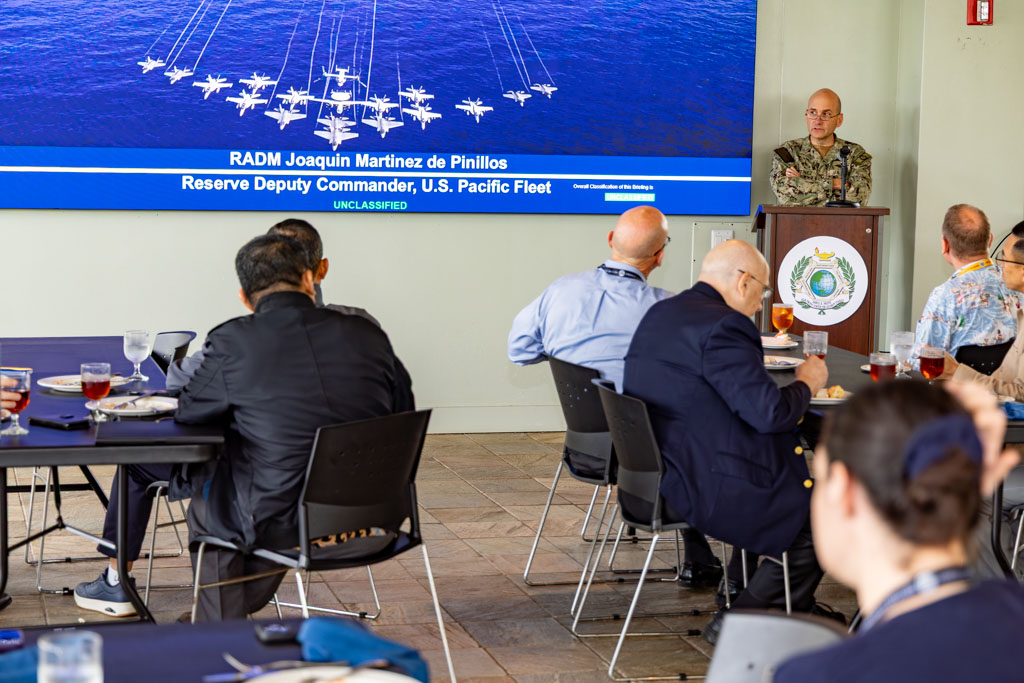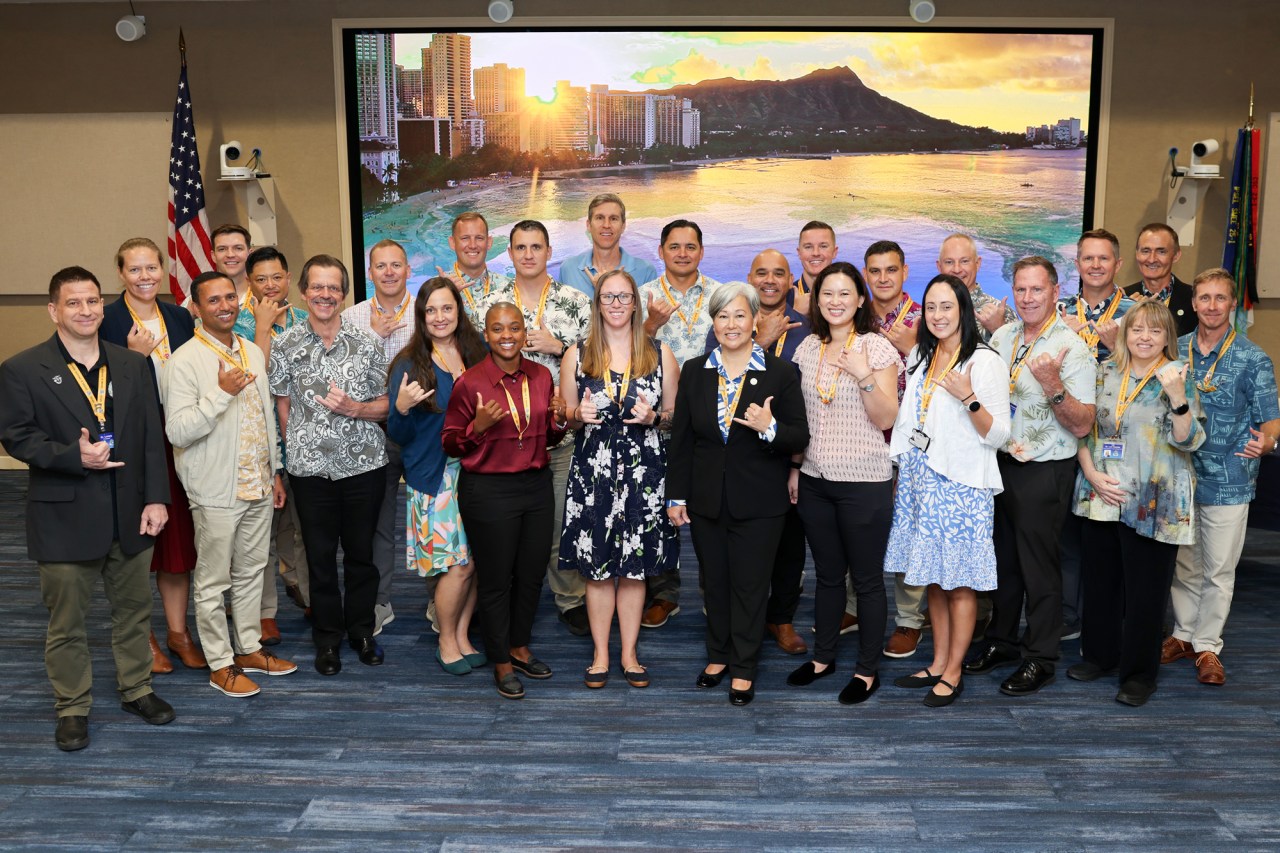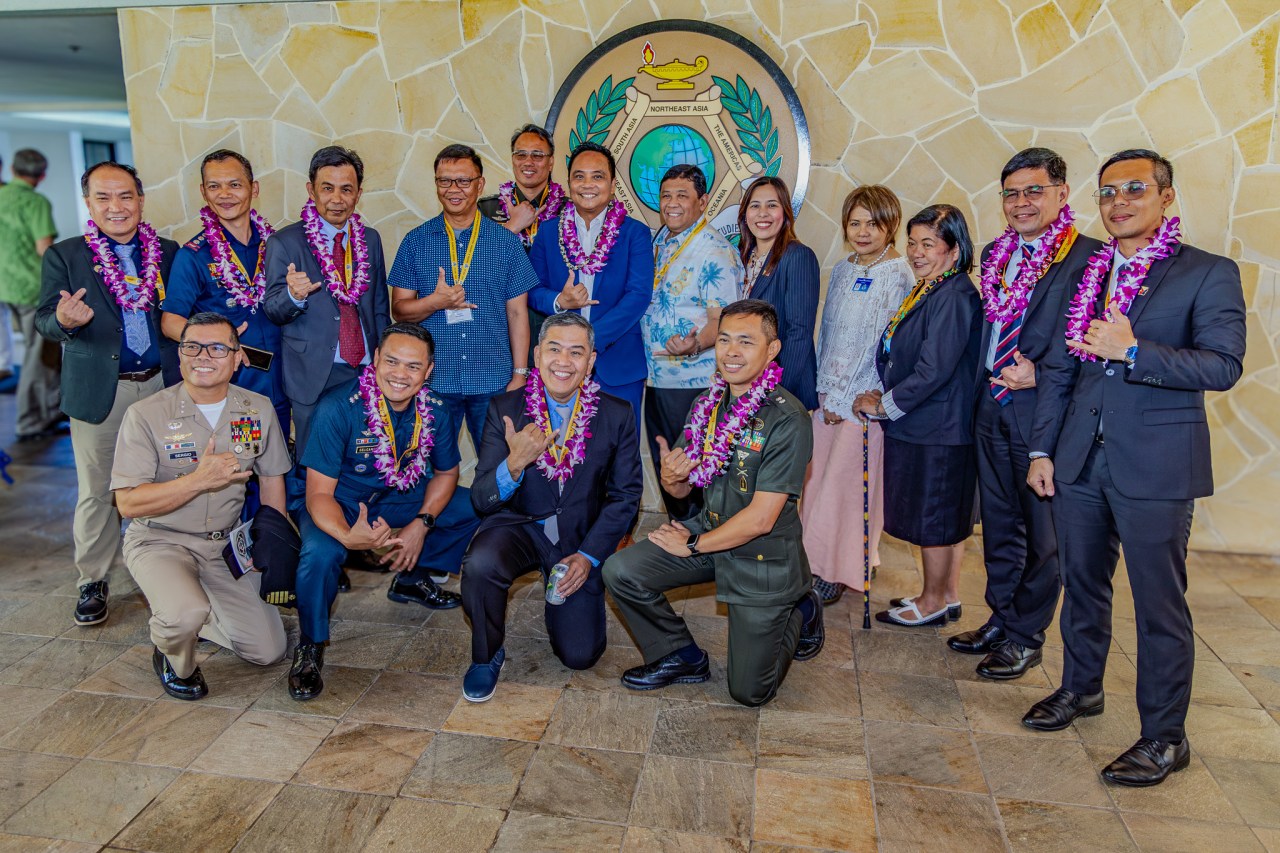Editorial:
The United States has largely isolated and ignored Burma for nearly fifty years. Now is the right time to change that policy, both for the good of the United States and the good of the Burmese people. Isolating the regime made sense during America’s unipolar moment at the end of the Cold War; isolating the regime now is counterproductive because of three, significant, strategic factors.
The first factor is the rise of China and China’s influence in Burma and throughout the region. During the Cold War, smaller states could either choose to side with the United States, the Soviet Union or go it on their own. The second and third paths generally led to slow or poor economic development. Burma chose the third path, and condemned its people to a stagnant economy and declining standards of living. Today, however, China’s rise has given Burma and other states a different set of choices: a balanced economy open to the greater world or an economy dependent on China. Either path can offer economic growth. By isolating Burma with some of the most stringent sanctions, the United States has limited Burma’s choices and forced them into an increasingly dependent economic relationship with China. With economic dependency, China has gained leverage for increased influence over Burma.
The second factor is Burma’s upcoming roles in Association of Southeast Asian Nations (ASEAN). Burma is on track to gain ASEAN’s chair in 2014. Burma is also scheduled to serve as the ASEAN dialogue coordinator for the United States beginning in 2012. While ASEAN is not a robust military alliance like NATO and is not as action-oriented as Western countries might desire, it is the most significant multilateral body in Asia and the pride of Southeast Asia. As Secretary of State Hillary Clinton has recently written, “In multilateral settings, responsible behavior is rewarded with legitimacy and respect, and we can work together to hold accountable those who undermine peace, stability, and prosperity.” Issues like the contested territory in the South China Sea, China’s less-than-transparent military growth, and Chinese trade policies and currency manipulation make it essential for the United States to build strong ties to key independent multilateral organizations such as ASEAN.
The third factor is Burma’s recent steps towards democracy. These steps include the release of Aung San Suu Kyi from house arrest and the release of other political prisoners. Independent observers like Thant Myint-U, the International Crisis Group, and The Economist magazine have seen these steps as an opening and an opportunity. Whatever the motives behind the Burmese government’s moves, they are a positive change. While some may think the United States should await a full return to democracy before giving a positive response, expecting Burma to rapidly transition to full democracy is an impossible vision, just as initial U.S. expectations of rapid transition in post-war Iraq and Afghanistan have been. Within Burma, a struggle between “reformists” and “hardliners” is inevitable and most likely on-going now. By waiting, the United States will miss the opportunity to support the reformists, shape and assist the transition, and help the Burmese people develop the necessary institutions for full democracy.
Engagement, specifically U.S.- hosted educational programs, should be a key aspect of U.S. strategy. As Carol Atkinson of Vanderbilt University recently found through her research, “U.S.-hosted exchange programs can play an important role in the diffusion of liberal values and practices across the borders of authoritarian states.” Engagement is also a “hedged” strategy—it both assists and supports the development of the necessary civil society values and institutions for future democracy, and it implants the seed of democracy and human rights should governments regress into authoritarian rule. As Atkinson notes, “…engaging potential political elite from authoritarian states, rather than excluding them from programs, provides an opportunity to channel liberal ideas into some of the most democratically austere regions of the world.” The United States now has an opportunity to expose and socialize the next generation of Burma’s leaders with international norms through engagement.
In adopting this path, the United States should have clear expectations about the obstacles along the way. The Burmese government’s policies on human rights, its relations with Burma’s various ethnic constituencies, and its possible nuclear ambitions are still very troubling. Engagement should initially be designed to empower the reformists within the government and civil organizations. And the United States should seek to consult and coordinate our response with the other member nations of ASEAN, India, and the European Union as it implements engagement. With intelligently designed and effectively managed engagement, the United States can mitigate the risks, support its values and interests, and assist the Burmese people.
By continuing to ignore and isolate Burma, the United States will allow the Chinese to have all the access, influence, and leverage in Burma that they desire. The United States will miss the opportunity to shape Burma positively ahead of its likely key role in ASEAN. And the United States will fail to recognize the positive steps that the regime is taking towards democratization. Engagement through U.S.- sponsored educational exchanges, coupled with political dialogue with the key stakeholders, offers the United States the right tool now to assist Burma’s effective transition to democracy or maintain the light of freedom should the hardliners temporarily stall Burma’s budding political, economic and social reforms.
| About the Author |
Col. Michael.R. Lwin, U.S. Army, is a military professor at the Asia Pacific Center for Security Studies in Honolulu. The views expressed in this article are those of the author and do not necessarily reflect the official policy or position of the Asia-Pacific Center for Security Studies, U.S. Pacific Command, the U.S. Army, the U.S. Department of Defense, or the U.S. government.









Excellent points. Hopefully, more leaders will begin to consider your position as we move forward with Burma.
I wish our future might be wonderful by engaging :)
Your closing paragraph captures the essence. The more influence China has in the region, the more its power base grows both fiscally and militarily. This impedes the democratization of the region which is counter productive for the Burmese people and the region since it creates an overdependence on China.
The author of this article must be a Myanmar/Burmese. It’s obvious because of his last name. We do proud of being Burmese.
Dear U Richard Soe,
There is a journalist who wants to interview you. Could you please send me an e-mail with your contact information?
Aloha,
Miemie
Excellent article. The issue is very much current and concerns all the states of south asian region. We hope to see some write-ups on this in future. Aloha
Shahed